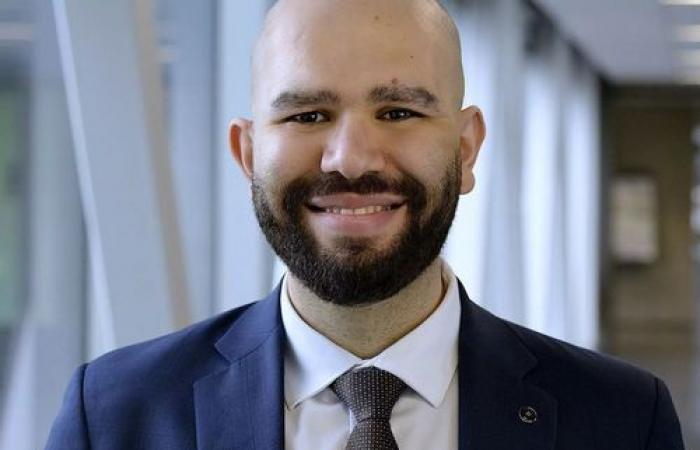Colorectal cancer: a major discovery
In this study, the intern and his collaborators report major discoveries about colorectal cancer, one of the most diagnosed and deadliest cancers in Quebec and in the world. Standard treatment for this condition involves surgery to remove the affected part of the intestine. However, this invasive procedure presents risks of dissemination of cancer cells.
By analyzing the follow-up of hundreds of Quebec patients over more than a decade, the research team showed that poor healing of the intestinal barrier and immediate postoperative infections increased the risk of cancer recurrence.
Through mouse models, Roy Hajjar and his collaborators have demonstrated that the fragility of the postsurgical intestinal connection can lead to the escape of cancer cells. Even more concerning, they found that a weakened intestinal barrier causes systemic inflammation, making it easier for cancer cells to implant in other organs and metastasize.
Promising prospects for treatment
The most promising aspect of this research lies in the use of dietary prebiotics. The team demonstrated that a particular dietary fiber significantly improves intestinal healing and prevents the spread of cancer cells after surgery. This prebiotic stimulates the production of butyrate by beneficial intestinal bacteria, a molecule that inhibits and destroys cancer cells, not only in the colon, but also in organs affected by metastases, such as the liver.
These innovative findings illustrate the importance of a balanced gut microbiome and the potential of dietary supplements to accelerate postsurgical healing. The clinical application of these results could transform the management of patients with colorectal cancer and thus markedly reduce the risk of recurrence and the burden of this disease on the population.
Canada






